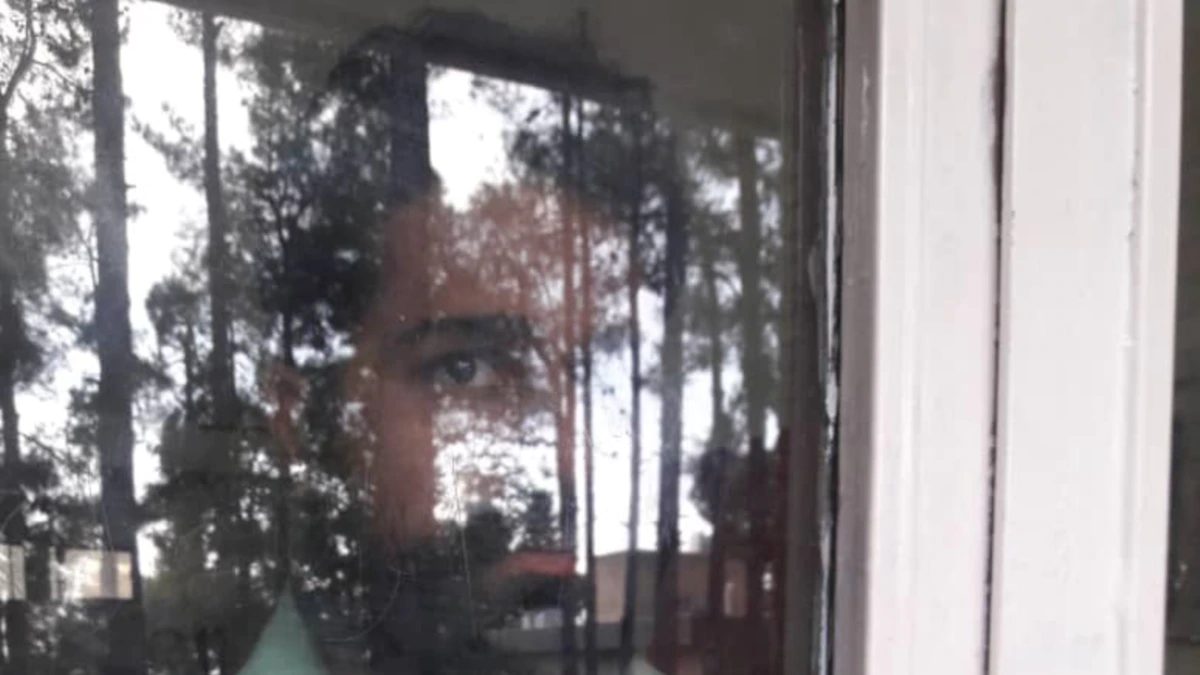
Authorities in Iran said on February 21 that an imprisoned activist from the Sufi Gonabadi dervish religious minority died days after being hospitalized for what they say was poisoning caused by drug consumption.
Behnam Mahjubi had been jailed after taking part in a demonstration along with other members of the Gonabadi order in 2018 and started serving a two-year prison sentence in June.
Mahjubi was reportedly taken from the notorious Evin Prison and admitted to a local hospital on February 16.
The Gonabadi order strongly opposes the use of drugs.
Mahjubi’s wife, Saleh Hosseini, told RFE/RL’s Radio Farda last week after being allowed to see her husband in the intensive care unit of Loghman hospital in Tehran that he had been denied timely medical care and that contributed to his falling into a coma.
Mahjubi’s mother said last week that her son was breathing with the aid of a ventilator while handcuffed to a hospital bed in the hospital’s intensive care unit.
The Gonabadi dervishes have spent years clashing intermittently with Iranian authorities, with critics saying Iran’s leadership regards them as a threat to its monopoly on religion.
Some conservative clerics have called the Sufis a danger to Islam.
“Special medical care was administered after he was hospitalized, but despite the medical team’s efforts, the prisoner unfortunately passed away,” Iran’s judiciary said on an official website on February 21.
Security troops have destroyed Gonabadi houses of worship and detained members en masse on a number of occasions.
Amnesty International says the persecution of dervishes in Iran increased after an October 2010 speech by Supreme Leader Ali Khamenei, who denounced “newly created circles of false mysticism.”
Based on reporting by RFE/RL’s Radio Farda and AFP